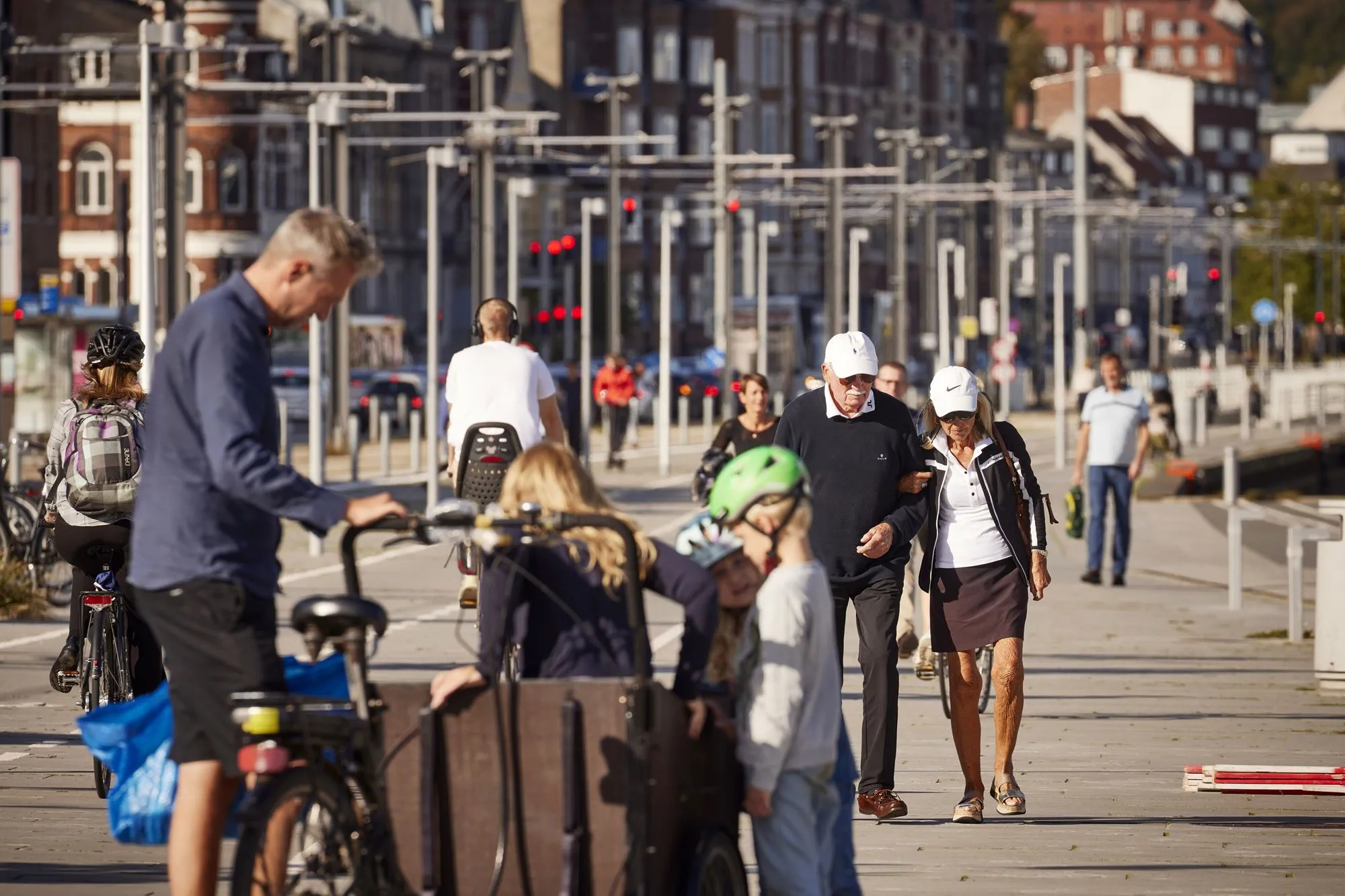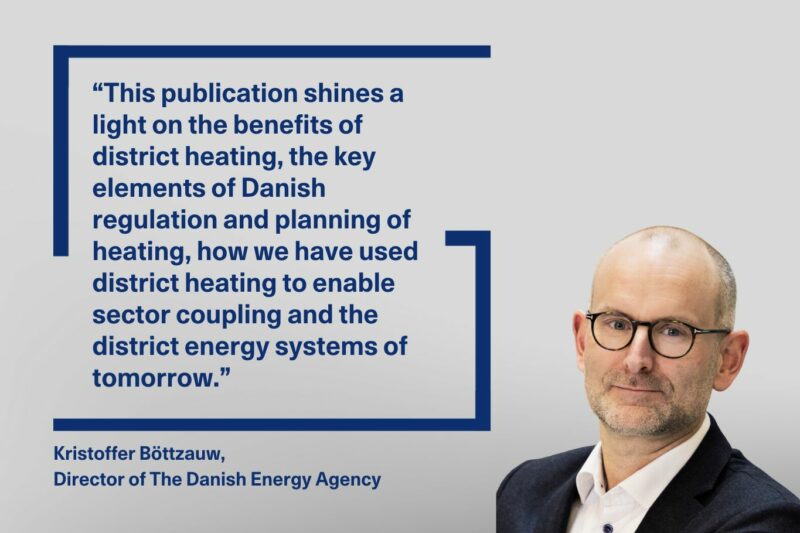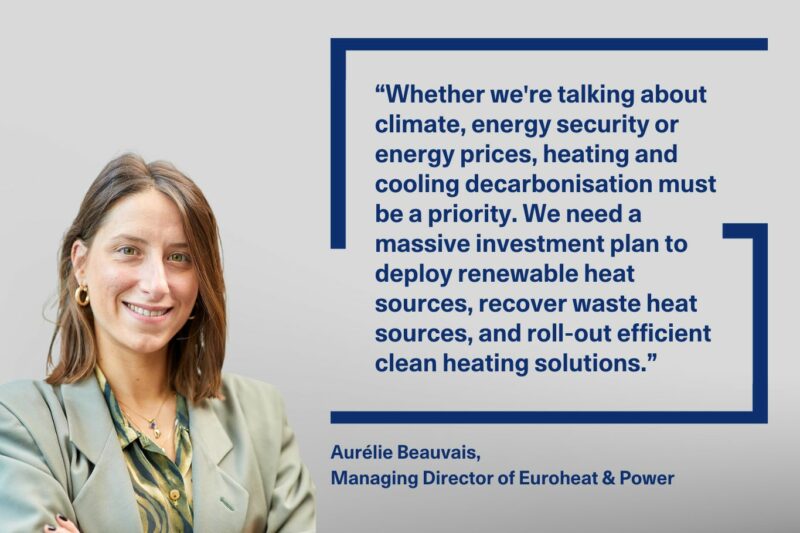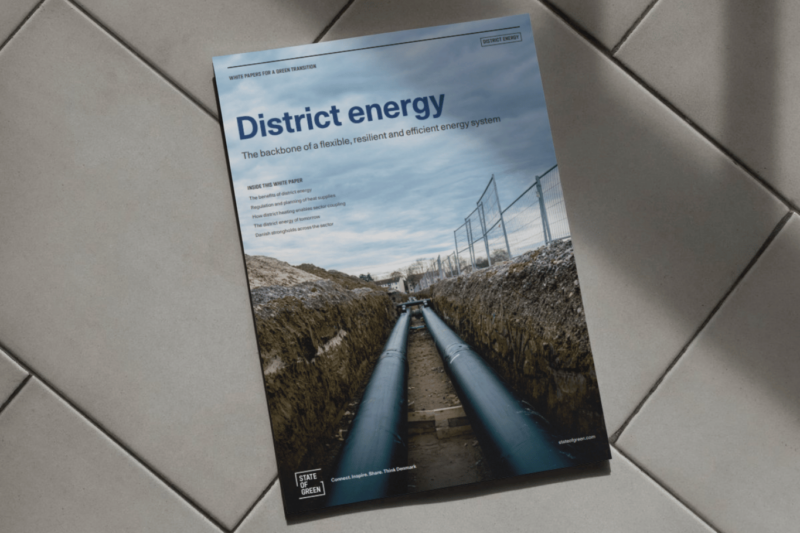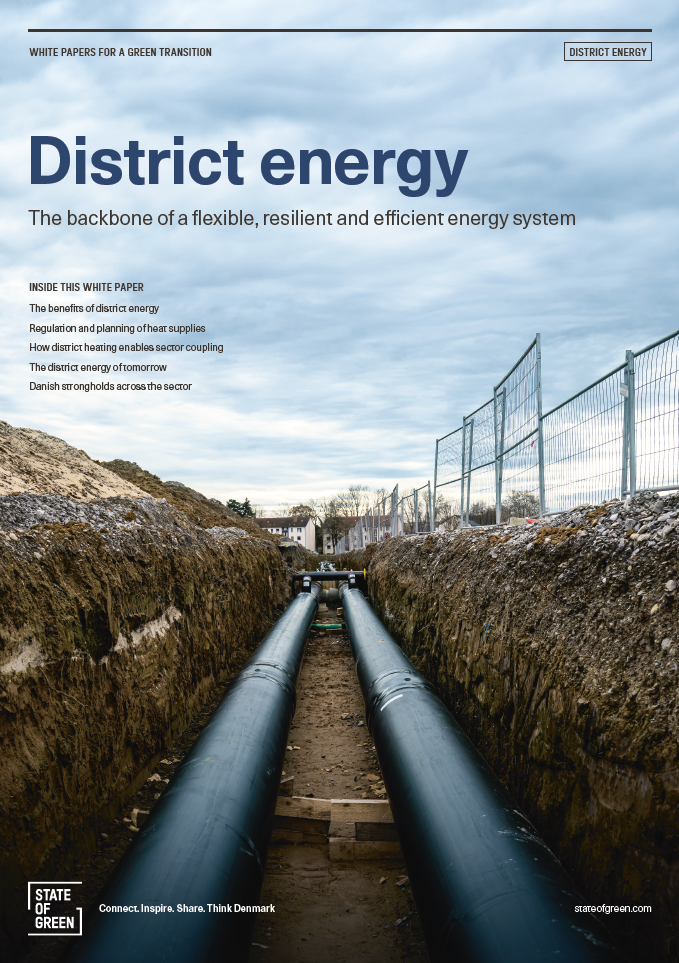A new analysis (danish article) maps out the CO2 reduction efforts of the 92 municipalities that have outlined climate action plans in alignment with C40 standards. The common objective shared by the municipalities is a commitment to reducing greenhouse gas emissions by 76% by 2030 when compared to the levels recorded in 1990.
To achieve this goal, almost all municipalities are actively engaged in a range of initiatives spanning various sectors such as transport, agriculture, procurement, and energy. Jointly, these initiatives are projected to result in a substantial reduction of greenhouse gas emissions, amounting to a total of 48.5 million tonnes.
This coordinated effort among the municipalities highlights a commitment to addressing the pressing issue of climate change and exemplifies a collective dedication to creating a more sustainable future.
“The analysis clearly shows what it is that the municipalities can contribute in relation to the national climate effort. It is unique in an international context that the country’s municipalities are working together towards climate neutrality by 2050. Now, the municipalities face the crucial task of turning the ambitious plans into concrete action, so that they may contribute to the common task of reducing CO2 emissions,” says Jesper Nygård, Managing Director of Realdania.
Today, around 90 municipalities have successfully secured political approval for their climate action plans, with the remaining municipalities anticipated to achieve their goals by the end of 2023 and 2024. Denmark stands out as a global exemplar, being the sole country to have achieved such significant progress at the municipal level in formulating concrete objectives for reducing greenhouse gas emissions.
